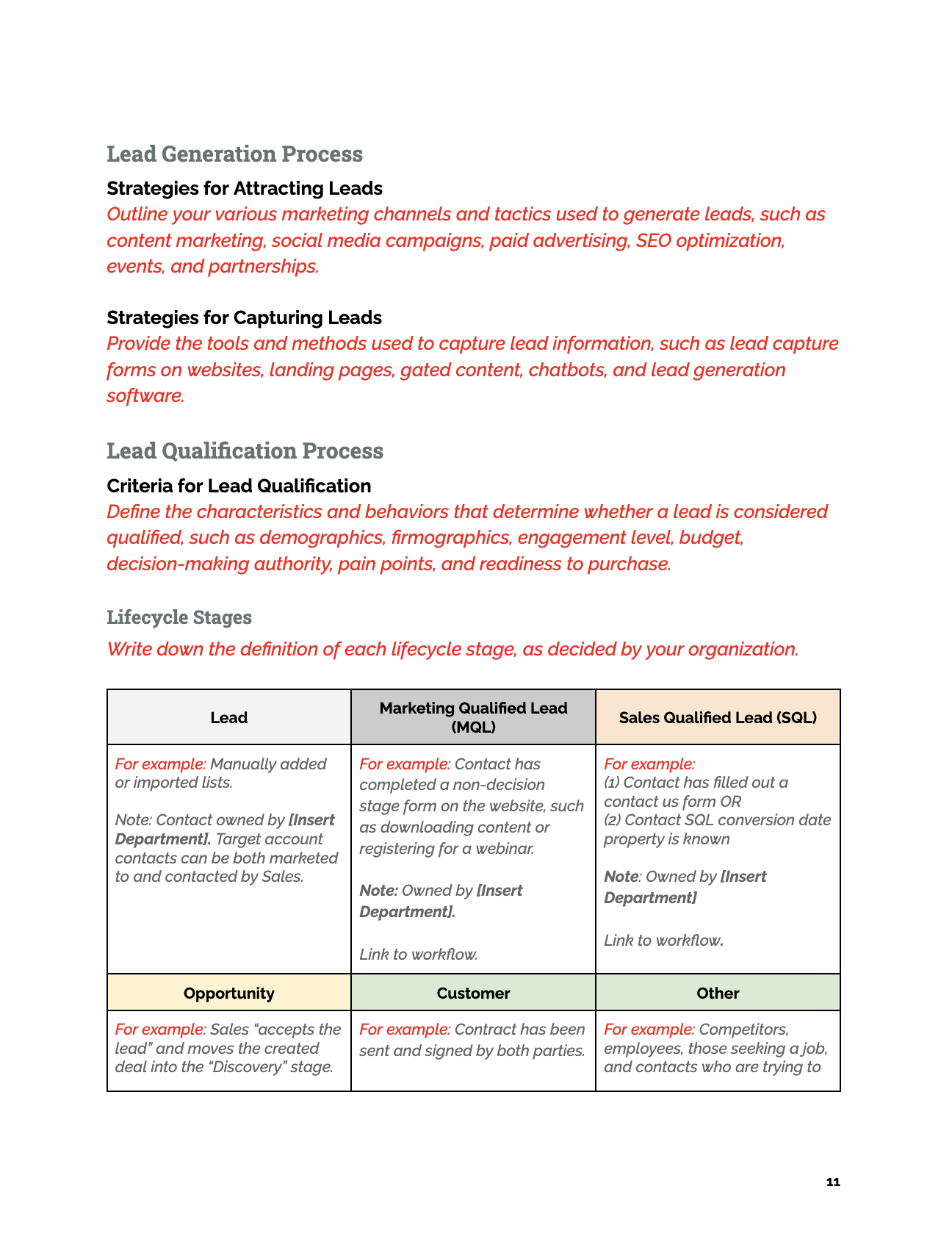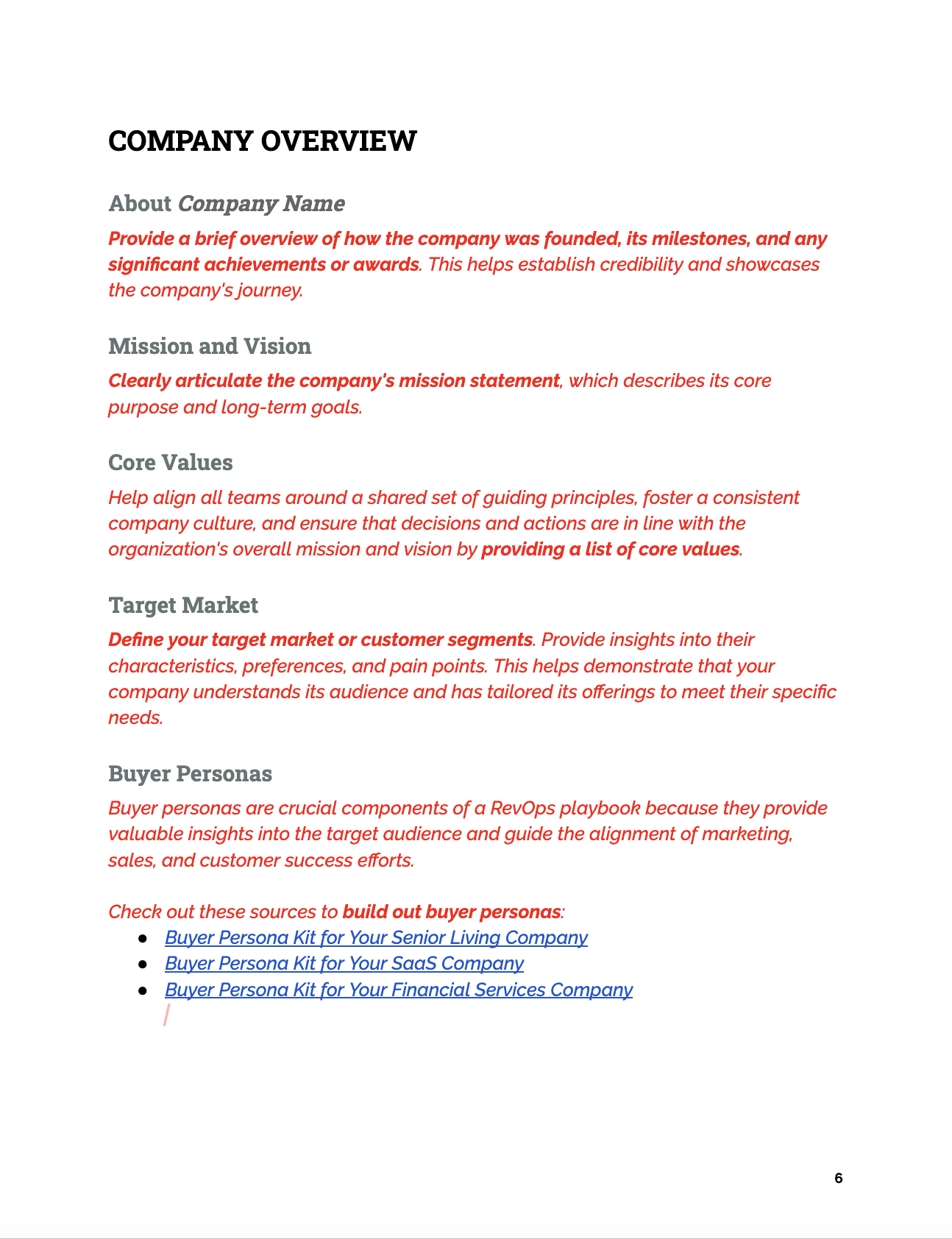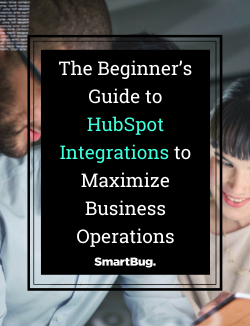Digital Marketing Bootcamp for SaaS Marketers

Your prospects and customers are looking for technology that will make their lives easier. It’s up to you to build their trust and show that your software is the best solution to their problems.
Whether your goals for this year center on growing revenue, spearheading a new demand generation marketing strategy, or nurturing and qualifying leads for trials, demos, and consultations—understanding your users and focusing your efforts on the most effective marketing activities is critical for your success.
Our five-week training program will enable you to:
- Shorten sales cycles by utilizing marketing insights.
- Leverage data to drive marketing ROI.
- Meet your goals for building your pipeline, booking demos, and increasing revenue.
- Create solid tactics to create and promote compelling educational content that gets new people excited.
- Prove the ROI of your efforts and easily report on marketing metrics.
- Better leverage your paid marketing strategy to increase your number of daily active users, bring in more freemium sign-ups, or book more demos.




Check out some of the resources you will find in this Bootcamp:
Mapping Content for Different buyer Personas
This is a downloadable PDF that includes five chapters, starting with the fundamentals of content and conversions.

The Beginner’s Guide to HubSpot Integrations to Maximize Business Operations

SaaS Marketing Metrics Presentation Template
This is a template that comes in a Google sheet template (you will have to male a copy of your own to access it). The template will help you:
- See the impact and progress of your marketing goals.
- Understand how to accurately calculate and present metrics.
- Establish the right next action steps to meet your revenue goals.

Savvy SaaS Marketer's Quick Guide to Paid Marketing
Getting the Most Out of Your SaaS Company’s Paid Marketing. This is a downloadable PDF guide that includes actionable strategies and quick wins around paid marketing channels for SaaS.

The Ultimate RevOps Playbook
This guide comes in a downloadable PDF format. Unlock the full potential of your revenue growth with our comprehensive playbook. Designed to provide you with all the resources you need, this game-changing template empowers you to optimize your revenue streams like never before.

Ready to supercharge your marketing skills? Don't miss out on the immense value that our digital marketing bootcamp can offer. Imagine having industry experts guide you through the intricacies of content marketing, integrations & migrations, reporting, paid media, and more.
How do I start a digital marketing campaign?
Starting a digital marketing campaign requires a strategic and well-planned approach. Here are some steps to guide you:
- Define your goals:
- Clearly outline what you want to achieve with your campaign. Whether it's brand awareness, lead generation, or sales, defining your goals is crucial.
- Know your target audience:
- Identify and understand your target audience. Create detailed buyer personas to tailor your campaign to your ideal customers’ needs and preferences.
- Choose your digital channels:
- Select the digital channels that align with your goals and audience. This may include social media, email marketing, content marketing, paid advertising, SEO, and more.
- Develop compelling content:
- Create high-quality, relevant, and engaging content that resonates with your audience. This could include blog posts, videos, infographics, or other forms of content depending on your chosen channels.
- Optimize for search engines:
- Ensure your content is optimized for search engines to improve its visibility. Use relevant keywords, optimize meta tags, and create content that brings value to your audience.
- Leverage social media:
- Utilize social media platforms to promote your content and engage with your audience. Tailor your approach based on the platform and your audience's preferences.
- Implement email marketing:
- Develop an email marketing strategy to nurture leads and build relationships. Segment your email list for more targeted communication.
- Set up tracking and analytics:
- Use tracking tools such as Google Analytics to monitor your campaign’s performance. Track key metrics such as traffic, conversions, and engagement.
- Allocate budget:
- Determine your budget for paid advertising and other campaign activities. Allocate funds based on your goals and the channels you've chosen.
- Create a timeline:
- Develop a timeline outlining when each element of your campaign will be executed. This ensures a coordinated and timely launch.
- Launch and monitor:
- Execute your campaign according to the plan. Continuously monitor its performance, and be ready to make adjustments based on real-time data and insights.
- Evaluate and optimize:
- After the campaign concludes, assess its effectiveness against your goals. Identify what worked well and what could be improved. Use these insights to optimize future campaigns.
Remember, digital marketing is an ongoing process, and the key to success is continuous optimization based on data and feedback.
What is digital marketing?
Digital marketing encompasses the use of digital channels, platforms, and technologies to promote and advertise products, services, or brands. It involves leveraging online channels such as search engines, social media, email, websites, and various other digital mediums to connect with target audiences. Digital marketing strategies may include content creation, search engine optimization (SEO), social media marketing, email marketing, pay-per-click advertising, and more. The goals of digital marketing are to reach and engage a specific audience, drive brand awareness, generate leads, and, ultimately, achieve business objectives in the digital space. It allows businesses to target their audience more precisely and measure the effectiveness of campaigns through analytics and data-driven insights.
What are the best digital marketing strategies for small businesses?
When it comes to digital marketing strategies for small businesses, several effective approaches can help drive growth and increase brand visibility. Here are some of the best strategies to consider:
- Optimize your website for mobile: With the majority of internet users accessing websites on their mobile devices, it's crucial to ensure that your website is mobile-friendly and offers a seamless user experience.
- Create business profiles: Establish a presence on relevant social media platforms and professional networking sites such as LinkedIn. This will allow you to connect with your target audience and share valuable content.
- Understand your target audience: Conduct market research to gain insights into your target audience's needs, preferences, and behaviors. This information will help you tailor your digital marketing efforts to effectively reach and engage with them.
- Invest in local marketing: If your business operates in a specific geographical area, focus on targeted local marketing strategies. This can include optimizing your website for local search, leveraging online directories, and engaging with community events and organizations.
- Implement content marketing: Create and share valuable, relevant, and informative content that resonates with your target audience. This can be done through blog posts, videos, infographics, and more. Content marketing helps establish your expertise, build credibility, and attract and retain customers.
- Leverage social media marketing: Engage with your audience on popular social media platforms such as Facebook, Instagram, Twitter, and LinkedIn. Share engaging content, interact with followers, and run targeted ad campaigns to increase brand awareness and drive website traffic.
- Utilize search engine optimization (SEO): Optimize your website and content to rank higher in search engine results. This involves using relevant keywords, improving page load speed, optimizing meta tags, and building high-quality backlinks.
- Implement email marketing: Build an email list of interested prospects and customers and send them targeted and personalized email campaigns. This can include newsletters, product updates, promotions, and more.
- Monitor and analyze performance: Regularly track and measure the success of your digital marketing strategies using analytics tools. This will help you identify what is working well and make informed decisions for future campaigns.
- Stay up to date with industry trends: Digital marketing is constantly evolving, so it's essential to be aware of the latest trends and technologies. This will ensure that your strategies remain effective and you stay ahead of the competition.
Remember, each business is unique, so it's important to tailor these strategies to suit your specific goals and target audience. With a well-planned and executed digital marketing strategy, small businesses can effectively reach their target audience, increase brand visibility, and drive growth.
How can I measure the ROI of digital marketing?
Measuring the return on investment (ROI) of digital marketing involves assessing the effectiveness of your digital campaigns in generating revenue. Here are steps to measure digital marketing ROI:
- Define clear goals:
- Establish specific and measurable goals for your digital marketing campaigns. Whether it's lead generation, sales, or brand awareness, having clear objectives is crucial.
- Use tracking tools:
- Implement robust analytics tools such as Google Analytics, Adobe Analytics, or other marketing automation platforms to track user interactions, conversions, and other relevant metrics.
- Implement conversion tracking:
- Set up conversion tracking for key actions on your website, such as form submissions, purchases, or signups. This enables you to directly attribute conversions to your digital marketing efforts.
- Use UTM parameters:
- Incorporate UTM parameters in your campaign URLs to track the source, medium, and specific campaign that drove traffic to your website. This helps identify the most effective channels and campaigns.
- Calculate customer acquisition cost (CAC):
- Determine the cost associated with acquiring a new customer. Divide your total marketing spend by the number of new customers acquired during a specific period.
- Assign values to conversions:
- Assign monetary values to different types of conversions based on their impact on your business. This could include assigning a value to lead generation, form submissions, or actual sales.
- Calculate ROI:
- Use the formula: ROI = ((Revenue - cost) / cost) x 100
- Analyze attribution models:
- Explore different attribution models (e.g., first-touch, last-touch, multi-touch) to understand how different touchpoints contribute to conversions. This will help you allocate credit appropriately.
- Compare LTV and CAC:
- Compare the lifetime value of a customer (LTV) to the customer acquisition cost (CAC). A favorable ratio indicates a positive return on investment.
- Benchmark against industry standards:
- Research and benchmark your digital marketing performance against industry standards to gain insights into how well your campaigns are performing compared to others in your sector.
- Monitor marketing metrics:
- Track key performance indicators (KPIs) such as click-through rates, conversion rates, and engagement metrics to evaluate the success of specific campaigns.
- Regularly review and optimize:
- Continuously monitor and analyze your data. Identify which channels and campaigns are most effective, and allocate resources accordingly. Optimize your strategy based on data-driven insights.
By consistently monitoring and analyzing these metrics, businesses can gain a comprehensive understanding of the ROI of their digital marketing efforts and make informed decisions to optimize future campaigns.
How will you use my personal information?
We may use or disclose the personal information we collect for one or more of the following business purposes:
- To provide you with information, products, or services that you request from us
- To provide you with email alerts, event registration confirmation, and other notices concerning products, services, events, or news that may be of interest to you
- To carry out our obligations and enforce our rights arising from any contracts entered into between you and us, including for billing and collections
- To carry out our obligations and enforce our rights arising from any contracts entered into with our clients
- To improve our website and present its contents to you
- For testing, research, analysis, and product development
- As necessary or appropriate to protect the rights, property, or safety of us, our clients, or others
- To respond to law enforcement requests and as required by applicable law, court order, or governmental regulations
- As described to you when collecting your personal information or as otherwise set forth in the CCPA
We will not collect additional categories of personal information or use the personal information we collect for materially different, unrelated, or incompatible purposes without providing you notice.Link to our privacy policy
Ready to fill your customer base with the latest digital marketing strategies?
Fill out the form below and enroll in our bootcamp.